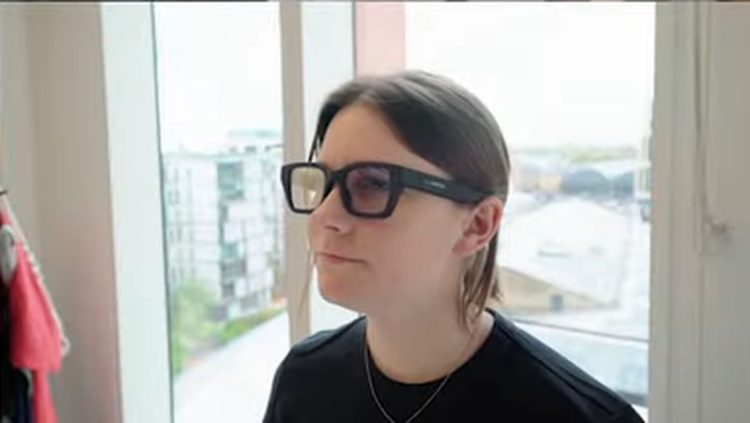Remember Google Glass? The tech giant’s first foray into smart glasses in 2013 was met with a mix of excitement and skepticism. While the concept was undeniably futuristic, the bulky design, limited functionality, and privacy concerns ultimately led to its commercial failure.
However, Google hasn’t abandoned the idea entirely.
At its recent I/O 2024 developer conference, the company offered a glimpse into the future of smart glasses with a tantalizing glimpse of Project Astra.
Google Glass reborn with Project Astra
Project Astra is more than just smart glasses; it’s an ambitious undertaking that aims to create a real-time, multimodal AI assistant with the ability to remember and reason about its surroundings. This is a significant departure from current multimodal AI systems, which typically capture an image only when prompted by a user’s query.
Project Astra, on the other hand, envisions a continuously running process that encodes video frames, combines them with speech input, and creates a comprehensive timeline of events. This cached information allows the AI to understand context and provide more nuanced and helpful responses.
The Project Astra demo at I/O 2024 showcased this technology in action. While the presentation began on a smartphone screen, it transitioned midway to a user picking up and wearing a pair of thick smart glasses. These glasses featured a fixed heads-up display (HUD) with a blue audio input indicator that activated when the wearer spoke.
White text displayed on the HUD relayed the AI’s response, providing a glimpse into a future where information and assistance are seamlessly integrated into the wearer’s field of vision. See the Google Glass in action in the YouTube video by Google below.
Smart glasses themselves were not the main focus of the presentation. Google was primarily interested in demonstrating the capabilities of Project Astra. The glasses were simply a potential endpoint for the technology, and a disclaimer at the end of the clip confirmed that the device shown was merely a prototype. This suggests that Google is still in the early stages of developing these smart glasses, and the final design and features may differ significantly from what was shown at I/O.
There is still a long road to the final product
The reveal of Project Astra and the accompanying smart glasses prototype has generated a lot of buzz. However, there are still many unanswered questions. For instance, it’s unclear how long the battery life of these glasses would be, how comfortable they would be to wear for extended periods, and how Google plans to address privacy concerns associated with constantly recording video and audio.
Despite these uncertainties, the real-time, multimodal capabilities of Project Astra have the potential to change the way we interact with information and the world around us. Whether these features will ultimately be delivered through the specific smart glasses shown at I/O or through a different form factor entirely remains to be seen.
Featured image credit: Google/YouTube





